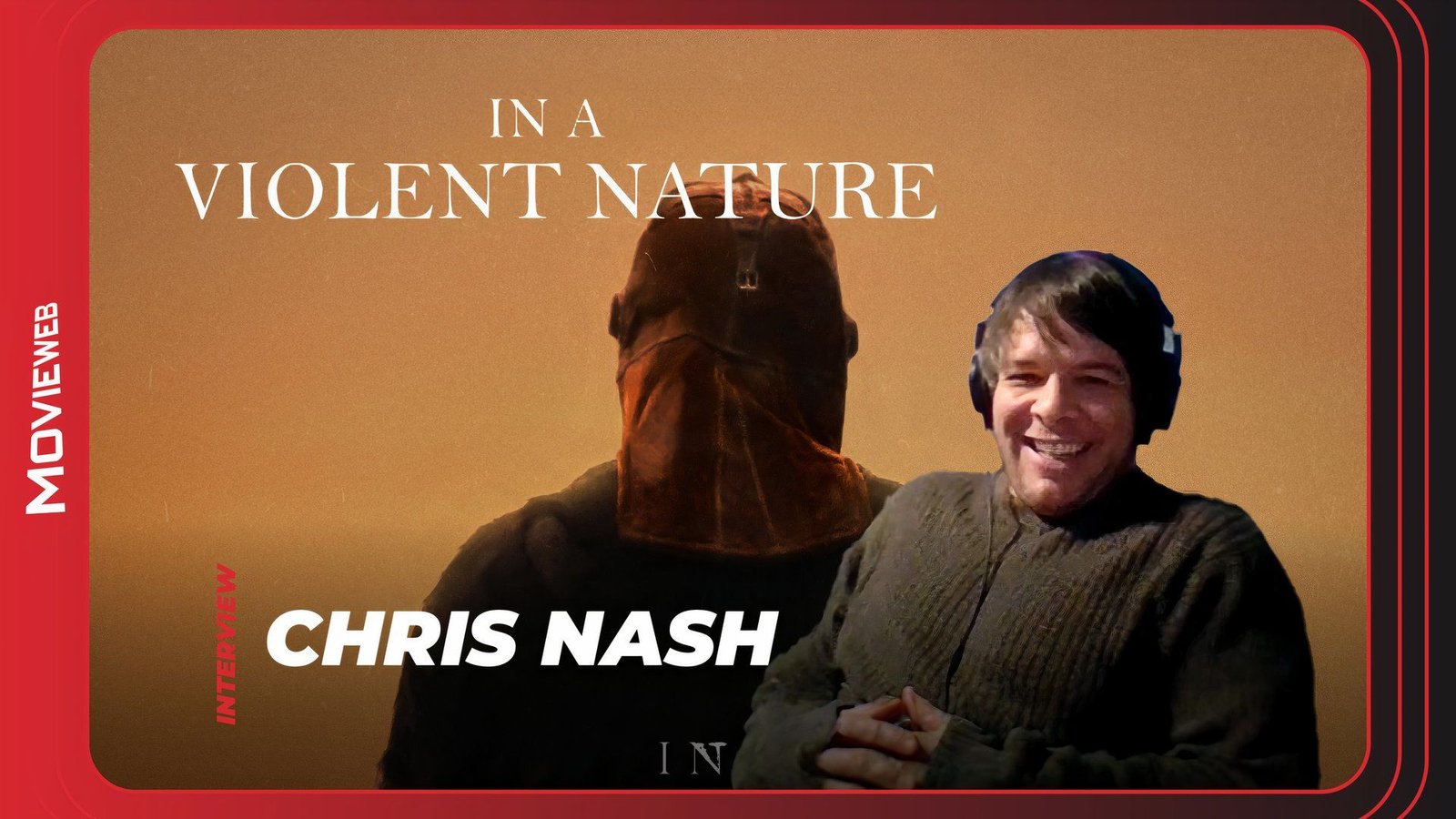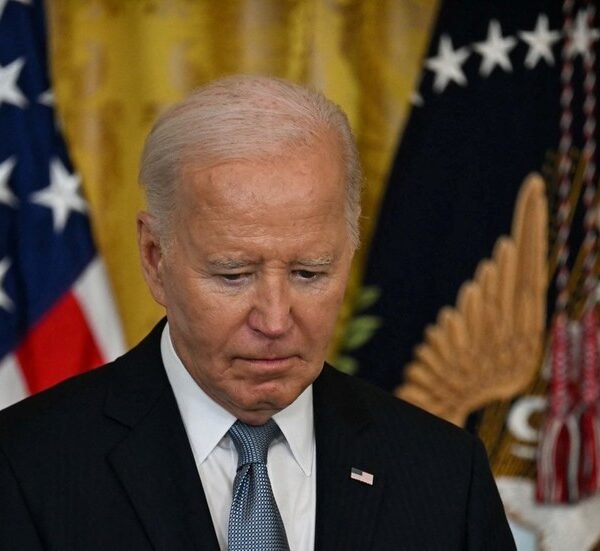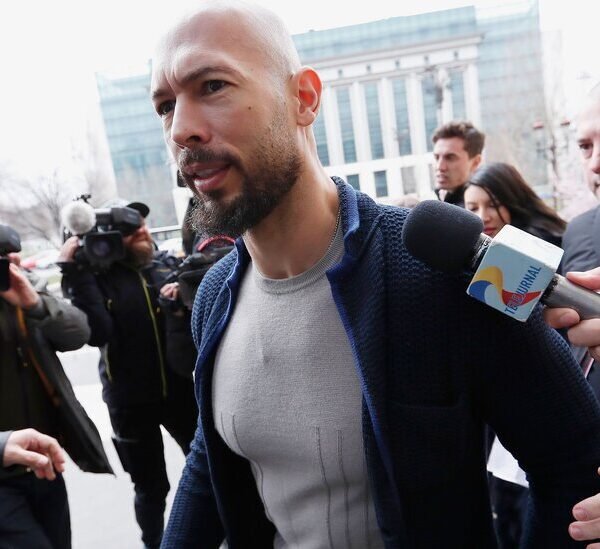When last we saw lead singer and band founder Saira (Sarah Kameela Impey), drummer Ayesha (Juliette Motamed), bassist Bisma (Faith Omole), and band manager Momtaz (Lucie Shorthouse), they were playing their first ever proper gig before newly minted fans. They’re shocked, onstage, when they’re joined by their lead guitarist Amina (Anjana Vasan, who finally got to flex the comedic chops briefly glimpsed on “Killing Eve”). Season one used Amina’s life as its anchor. Though the band received plenty of screen time, it was Amina’s journey of self-acceptance and self-esteem that guided each episode. Juggling her stage fright, attempting to live two lives at once (one as an observant Muslim woman with conservative friends, pursuing a PhD in microbiology, the other as a lead guitarist in a punk band, shredding righteously during solos), and wondering which side of herself to be true to, Amina came full circle, aided by the unwavering progressive support of the least stereotypical brown parents this writer has ever seen on TV.
As season two opens, Lady Parts is enjoying fame in the form of small to medium-sized regular gigs and a healthy social media following. Amina is reveling in newfound self-confidence; with considerable swagger she wrangles band membership, her first post-doctoral job in a lab, even setting boundaries with her conservative best friend Noor (Ayisha Hart). The writers have chosen to alter the focus of this season; season one was about their effort to even be a functional band, but season two is about who they are as individuals and as a group. Saira wants the band to attain wild success, but money for recording an album is tough to come by, and paid gigs are anathema to her vision of Ladyparts’ artistry. Momtaz, the only woman in a niqab this writer has ever seen on TV who isn’t a terrorist or oppressed wife/daughter/sister, aspires to run her own record company, but struggles to get the band more gigs without industry resources. Bisma realizes her image is that of a mother in a headscarf, and she begins to wonder whether she wants that to change. Ayesha is torn between coming out as queer to her parents but worries they will shame her, or that her family’s friends will shame them.
Through the band’s attempts to get wider recognition in the music industry, Manzoor and her writers ask timeless questions about art, commerce, feminism, and representation in new and intriguing ways. In order to achieve the widespread success Lady Parts thirsts for, how much compromise and surrender is acceptable? What if the compromise involves capitalizing on and stereotyping their identities as Muslim women? Is there room, in a xenophobic world, for more than one Muslim band? Each band member has a different perspective, a unique outlook on being an observant Muslim and an empowered woman, so everyone watching has a chance to feel represented. Perhaps no other English-language television series in history has ever provided such a richly observed narrative about the realities, positive and negative, of being a Muslim woman in a modern world. With the exception of “Ramy” and “Mo,” American TV could learn quite a bit about nuanced portrayals of Muslims from across-the-ponders like Manzoor. The lesson might just be that when representation is helmed by members of the group in question, we all benefit from the results.


















